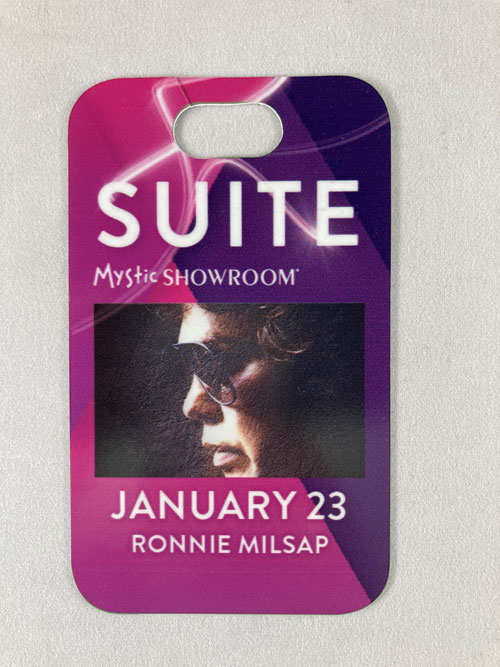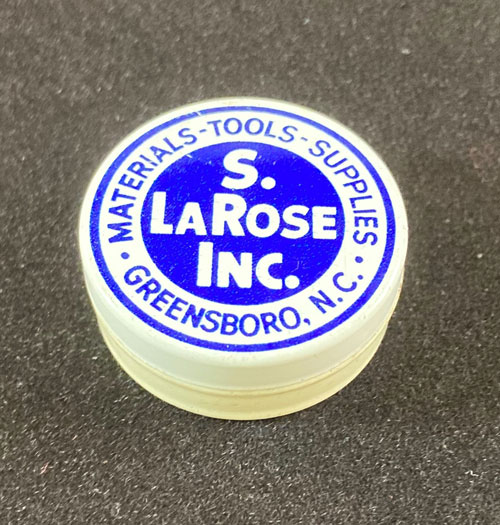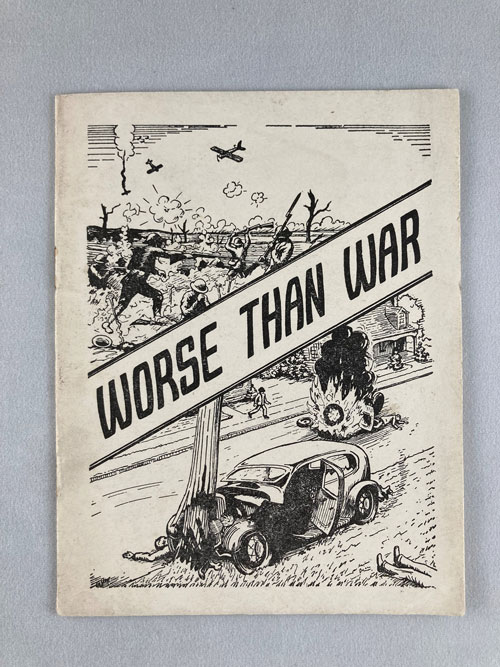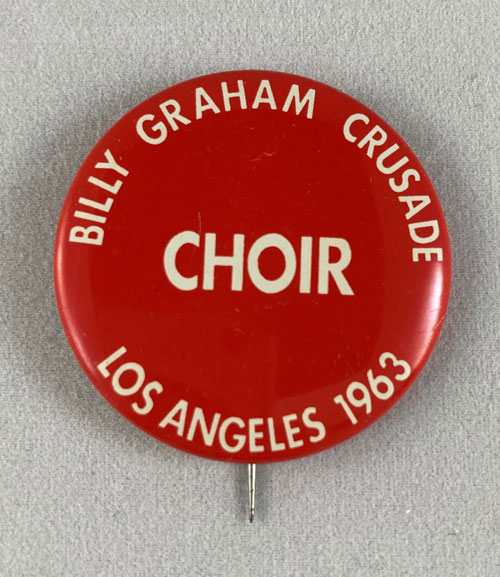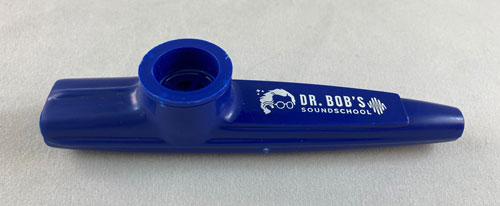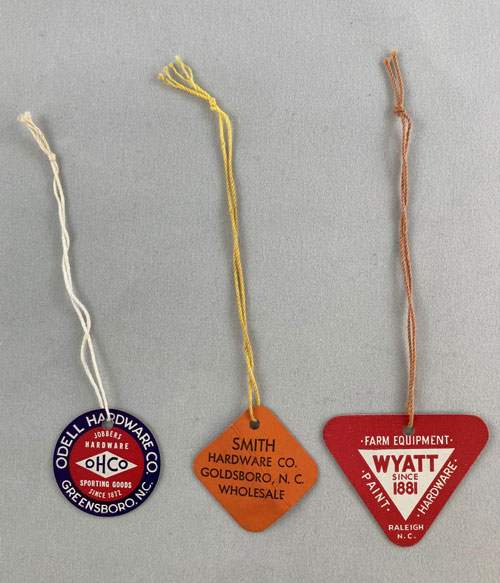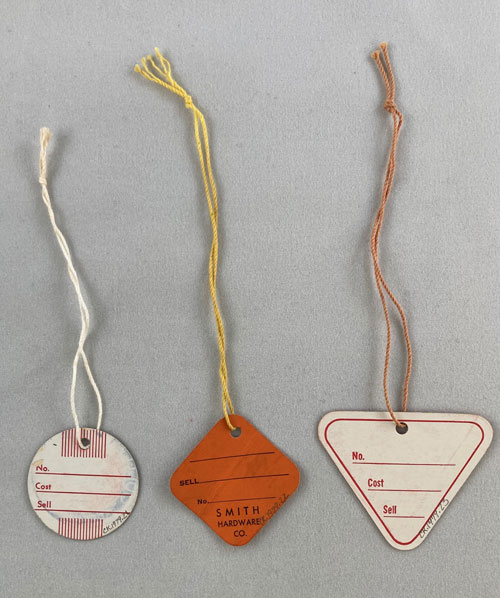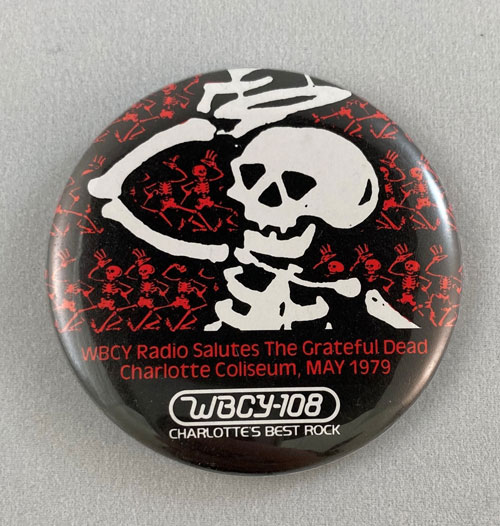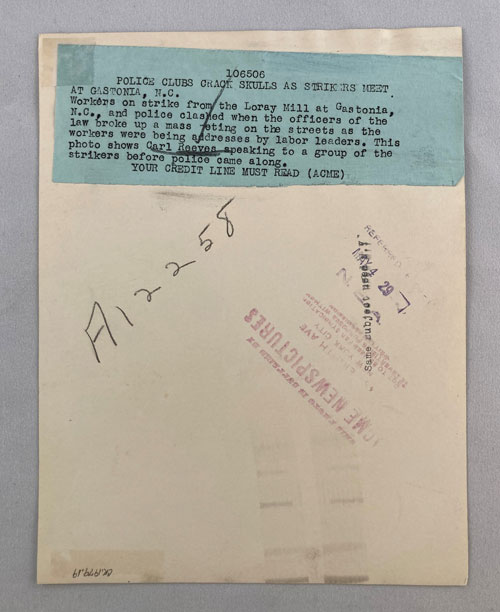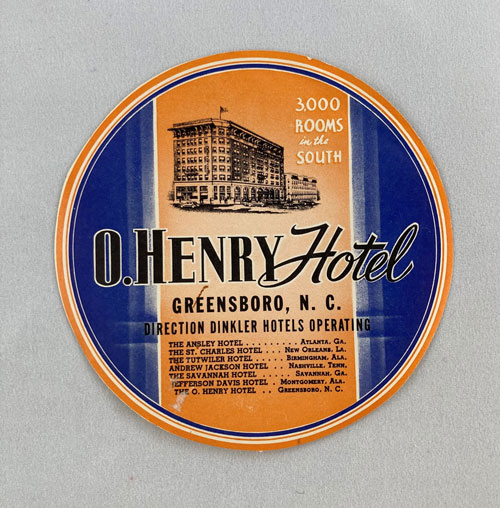
“In the 1950s, back in the days when legislators stayed in downtown Raleigh’s Hotel Sir Walter during legislative sessions, you couldn’t buy a drink anywhere in town.
“And didn’t need to. Each of the 45 liquor salesmen who supplied N.C. ABC stores had three cases of liquor a month to give away – and much of it was delivered to the loading dock of the Hotel Sir Walter and quickly stored (wink, wink) in a room ostensibly rented to A.B. Carter. Notice anything cute about Mr. Carter’s initials?
“A memorable front page from the News & Observer on May 28, 1957 featured seven photographs of liquor arriving, being unloaded, carried into the hotel and delivered to certain rooms by a bellhop around noon. The local Alcoholic Beverage Control board office was notified at 3 p.m. and sprang into action. And sprang. And sprang. After, oh, about an hour and a half, ABC agents finally entered the room where the contraband booze had been taken – and it was empty. What a surprise. The newspaper’s photos proved what had happened, and once again the state’s ABC law enforcement officers looked like Keystone Kops – without as much action….”
— From “Liquor in North Carolina, from A to C” by Jack Betts in the Charlotte Observer (Dec. 3, 1995)
“A.B. Carter” was actually Frank Sims, former lobbyist for the Association of County ABC Boards, who was later fined $100 for registering at a hotel under an assumed name.
Forgive me if I like to imagine one of those deliveries being made to this key’s Room 940.

